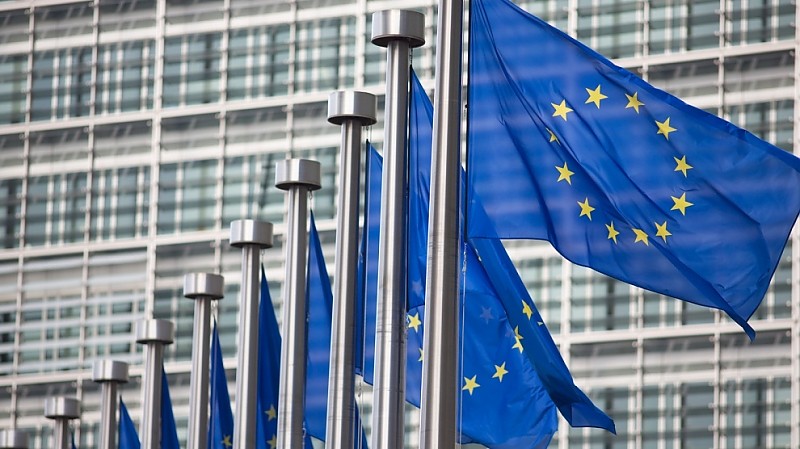News Publications
Matching State aid
On 8 January 2024, the European Commission approved two state aid measures under the Temporary Crisis and Transition Framework (“TCTF”): a €2.9 billion French scheme to support the production of batteries, solar panels, wind turbines and heat-pumps, related key components and critical raw materials; and €902 million in State aid from Germany to Northvolt, a Swedish battery producer which plans to build a gigafactory for the production of battery cells in Heide, Schleswig-Holstein, an assisted area for the purpose of regional aid, with total investments costs of about €2.5 billion.
The TCTF, adopted by the European Commission on 9 March 2023, amends and extends the Temporary Crisis Framework and aims to boost and retain clean tech investments in Europe, in line with the Green Deal Industrial Plan. The adoption of this framework was prompted by the sharp rise in energy prices and the risk of European industry shifting to the United States in response to the US Inflation Reduction Act, the Infrastructure Investment and Jobs Act and the CHIPS and Science Act (the EU launched its own Chips Act to encourage investment in the production of semiconductors in Europe in 2021, and entered into force on the 21st of September 2023).
In essence, the new rules adopted allow Member States to grant higher amounts of aid to companies where there is a risk of investment being diverted from Europe. In other words, the TCTF allows European companies to find an equivalent amount of investment or aid in Europe that they can receive in other jurisdictions – the so-called “matching aid”.
According to Executive Vice-President Margrethe Vestager, "matching aid is a new feature that we are using (...) in order to make sure that if companies are offered aids in other jurisdictions, then if a member state is willing they can match the aid in order for the investment to take place in Europe, for the technology to be developed in Europe, for the jobs to be situated in Europe". Commenting on the German State aid decision, the Vice-President said that "We consider it a market failure that Europe has been almost completely lacking when it comes to investment in batteries", adding that the decision "paves the way for a strong European production of batteries" (see the debate here).
These “decisions show that our State aid rules enable Member States to accelerate net-zero investments at this critical moment, while protecting the level playing field in the Single Market and cohesion objectives” (see the press release here).
This significant relaxation of EU State aid rules will apply until 31 December 2025. The framework, which takes into account the potential consequences of an excessive relaxation of State aid rules that would threaten cohesion between Member States, will nevertheless have a positive impact on the climate transition plan. From the outset, it will allow Member States to support the competitiveness of the green sectors of European industry, by promoting all possible renewable sources of energy and keeping these companies investing on the EU territory. In addition, and as a corollary, it will bring the EU a step closer in the fight against climate change and to achieve climate neutrality by reducing its dependence on fossil fuels. These converging interests will bring real benefits to the European economy and to its citizens.
Cruz Vilaça Advogados will continue to follow the developments in this area.
